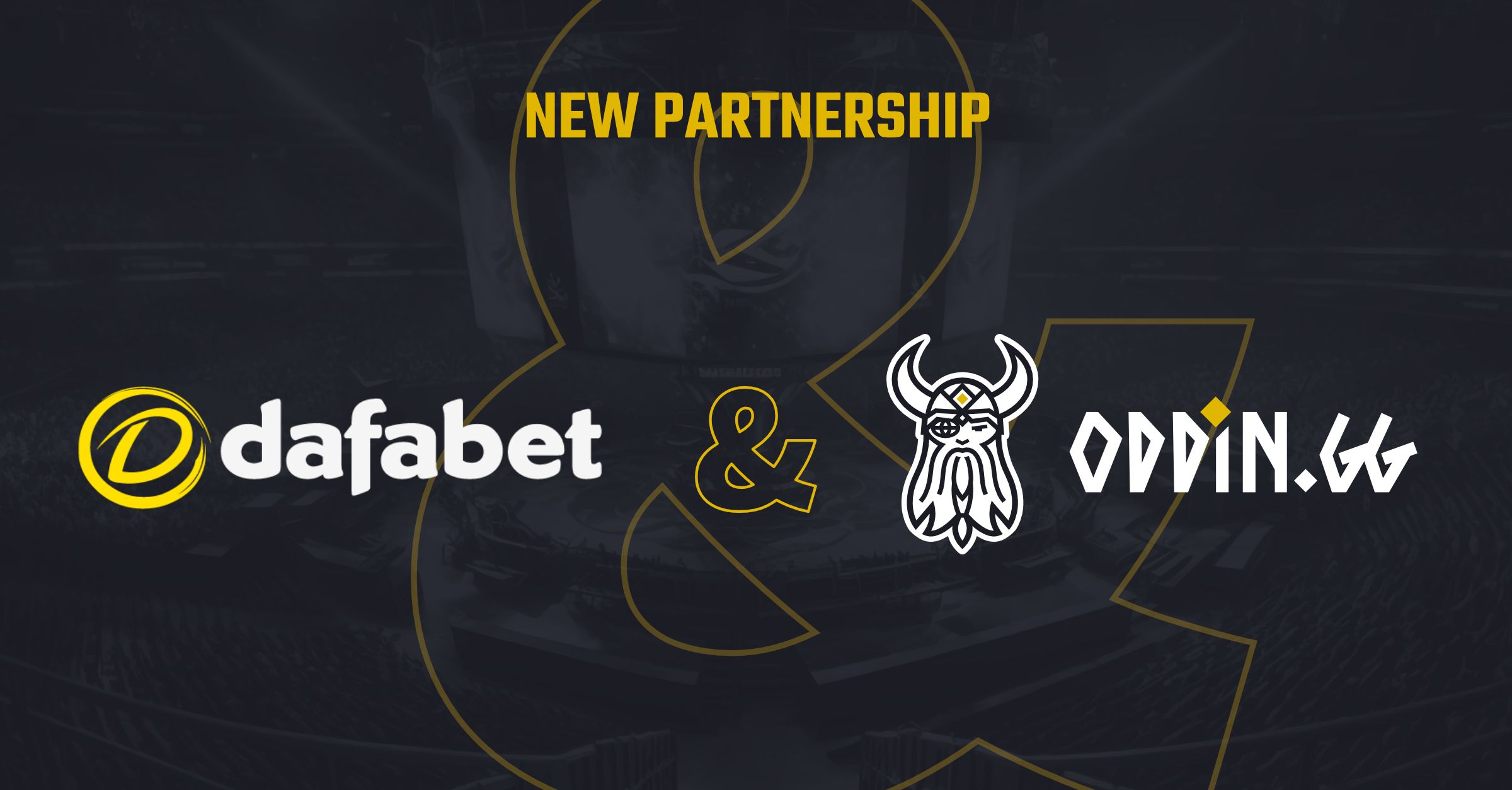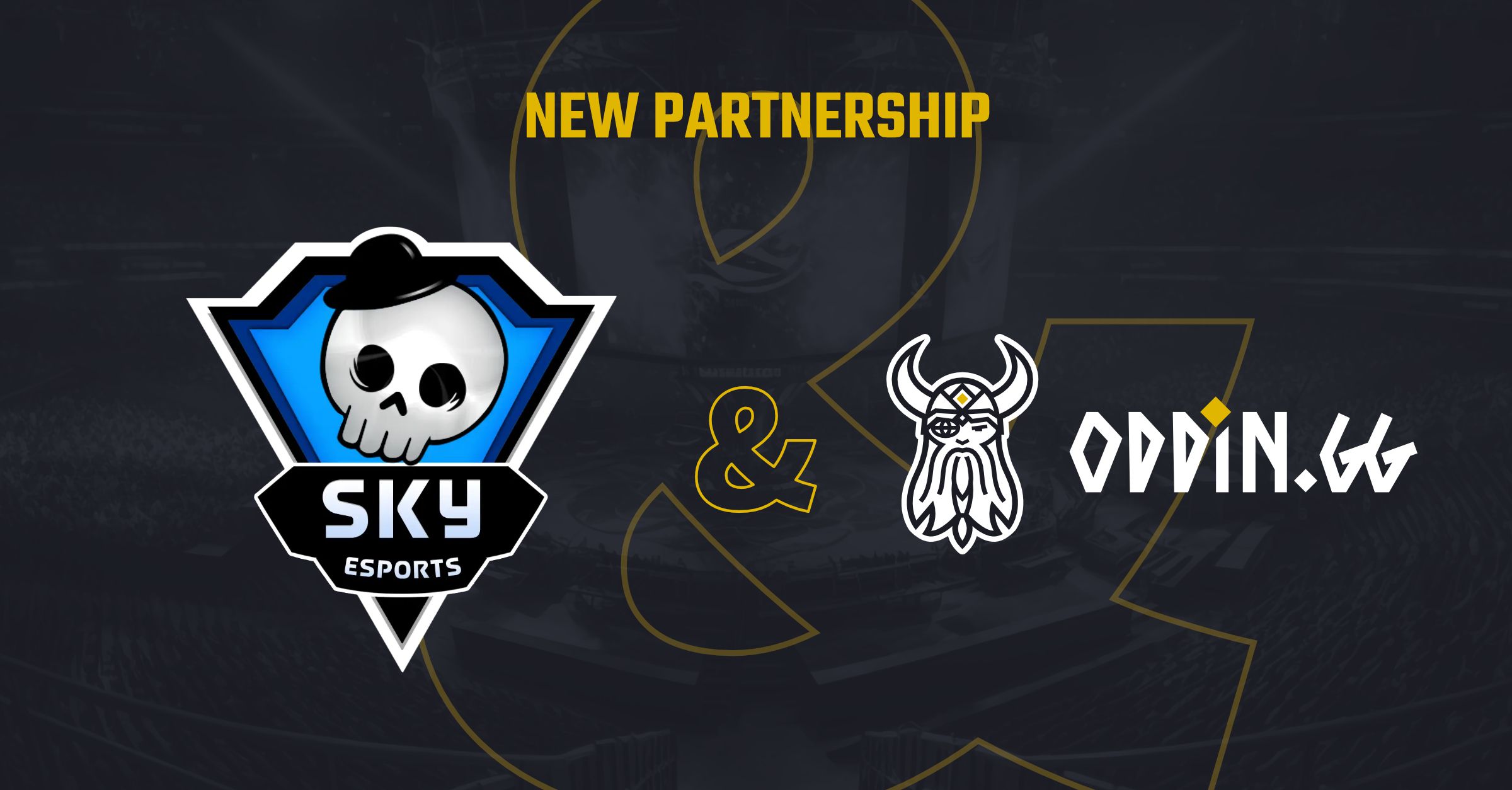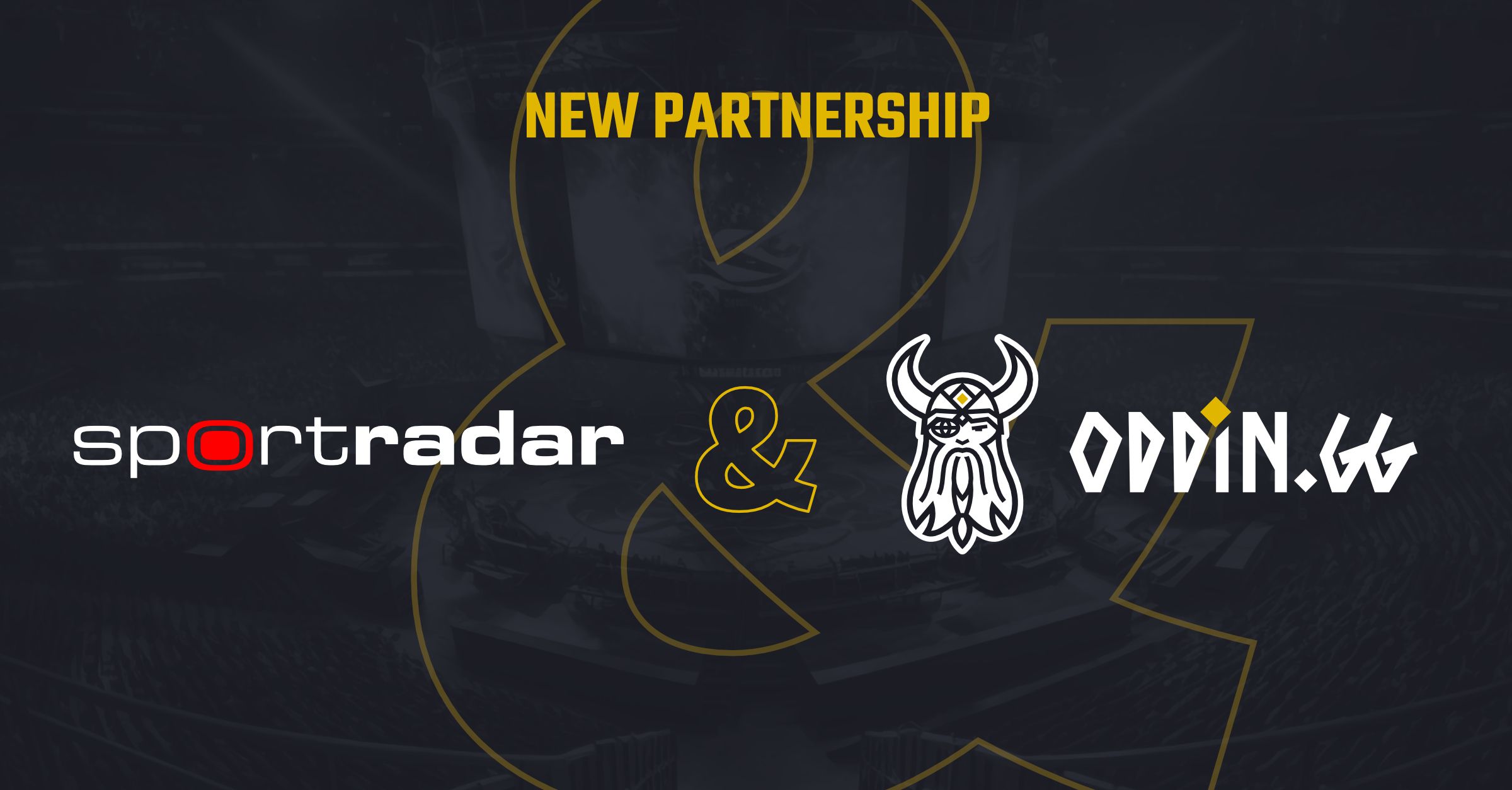Twitch’s success in esports and the data delay issue
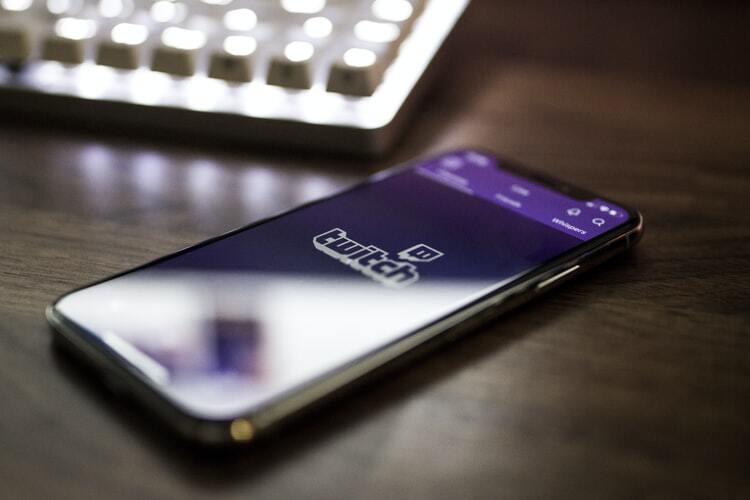
Twitch is booming together with esports. How do they handle such a massive audience?
To understand esports, you first need to know what Twitch is. Launched in 2011, Twitch is a streaming platform where gamers share their screens, play their favorite games, and engage with their audience. Growing steadily during the first years, it reached 1 million monthly concurrent viewers in 2018. During 2020, the numbers have skyrocketed: there were 2.5 million concurrent viewers in November.
Given its success, Twitch is not used only by esports gamers anymore. For example, tournament organizers are also streaming their games on a platform that is by far the leader in the market for gaming in Western countries. The main competitors are YouTube Gaming and Facebook Gaming, both of which are more popular in Asia.
A new way of entertainment
For those of us who do not belong to Generation Z or are late Millennials, It is hard to believe the passion that is generated by watching other people play video games. For younger generations, it is already part of their culture. They’ve grown up playing games and those who are the best in the world are idols the same way Maradona or Pelé was for the football fans. Moreover, these new idols are much more engaging for them: streamers talk about their personal life, create videos to share with their audience, and constantly interact with their fans on the streaming or their social media channels.
Attracting not only gamers
Five out of the top ten streamers with the most followers worldwide are not professional gamers. The platform also provides a space for those internet personalities that want to add a new source of revenue: Twitch users pay 5€/month to have the chance to chat with their favorite streamers. The numbers are already mind-blowing: the highest-paid streamer in 2020 was Felix Lengyel, better known as ‘’xQc” with 1.98 million USD.
Streamers like Ibai (3rd highest paid in 2020) took the streaming content one step further: his Twitch stream was the channel chosen by NBA star Marc Gasol to communicate he will be playing for the Los Angeles Lakers. It is also common for him to invite football stars such as Agüero, Courtois, or Neymar to his stream to play the popular game ‘’Among Us’’ together.
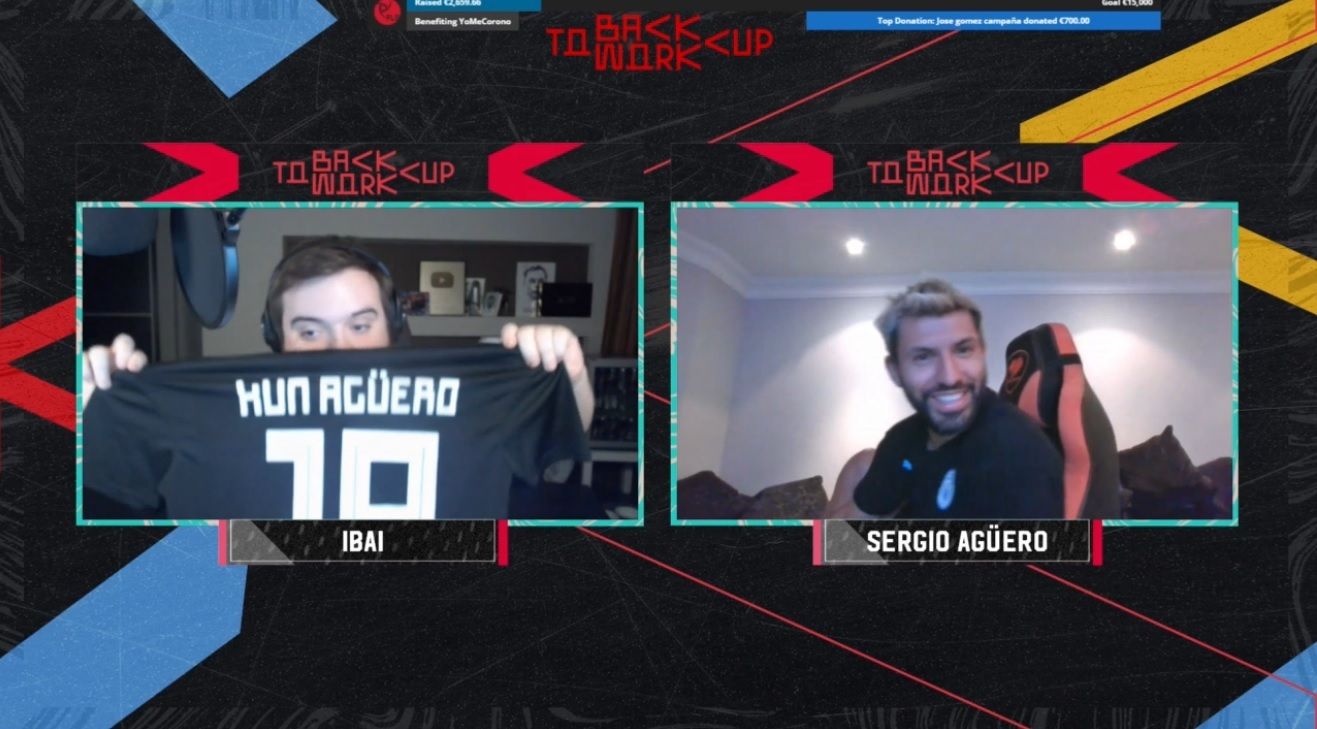
Famous football or basketball players, YouTubers, popular journalists, and many other influencers are joining Twitch, and with them their massive audience. Twitch is growing the way it attracts people to its platform from very different angles. This will help esports popularity to continue increasing at a high rate: according to TwitchTracker, ~85% of the content generated is related to games, with popular esports titles Fortnite and League of Legends leading at the top. This means, more and more people outside of esports are entering a platform where esports is the main content: a perfect advertisement for an already booming industry.
Conflict of interests with tournament organizers
Another popular content that Twitch streamers like within the platform is casting, which means connecting their channel to a professional game and commentating it. This option has become controversial since there is a conflict of interest with the tournament organizers that want their audience to watch their games on their platform.
The organizers’ point of view is easy to understand: they invest in creating a tournament and they want to get the most possible audience to watch their event from the official source, which is related to the revenue they get from advertisers. This is why many popular tournaments ask streamers to integrate the organizers’ ads and to use a delay on their streams if they want to cover the tournament. This meant streamers couldn’t interact with their fans live, part of their works’ essence. Other tournaments like Valorant First Strike are directly forbidding the streaming of the content.
Delayed but still live-streaming, the best solution (for now)?
Esports is a social event: the audience likes to interact, to see people they like casting the games, and to express their opinion. That’s why Valve, the publisher behind CS:GO and Dota 2, offered streamers to choose a 15-min delay option while connecting to the official tournament channel that would allow them to stream the games live. This can bring issues such as trolls spoiling the results from the official source. But while the industry is still figuring out this problem, this is a stage in that evolution.
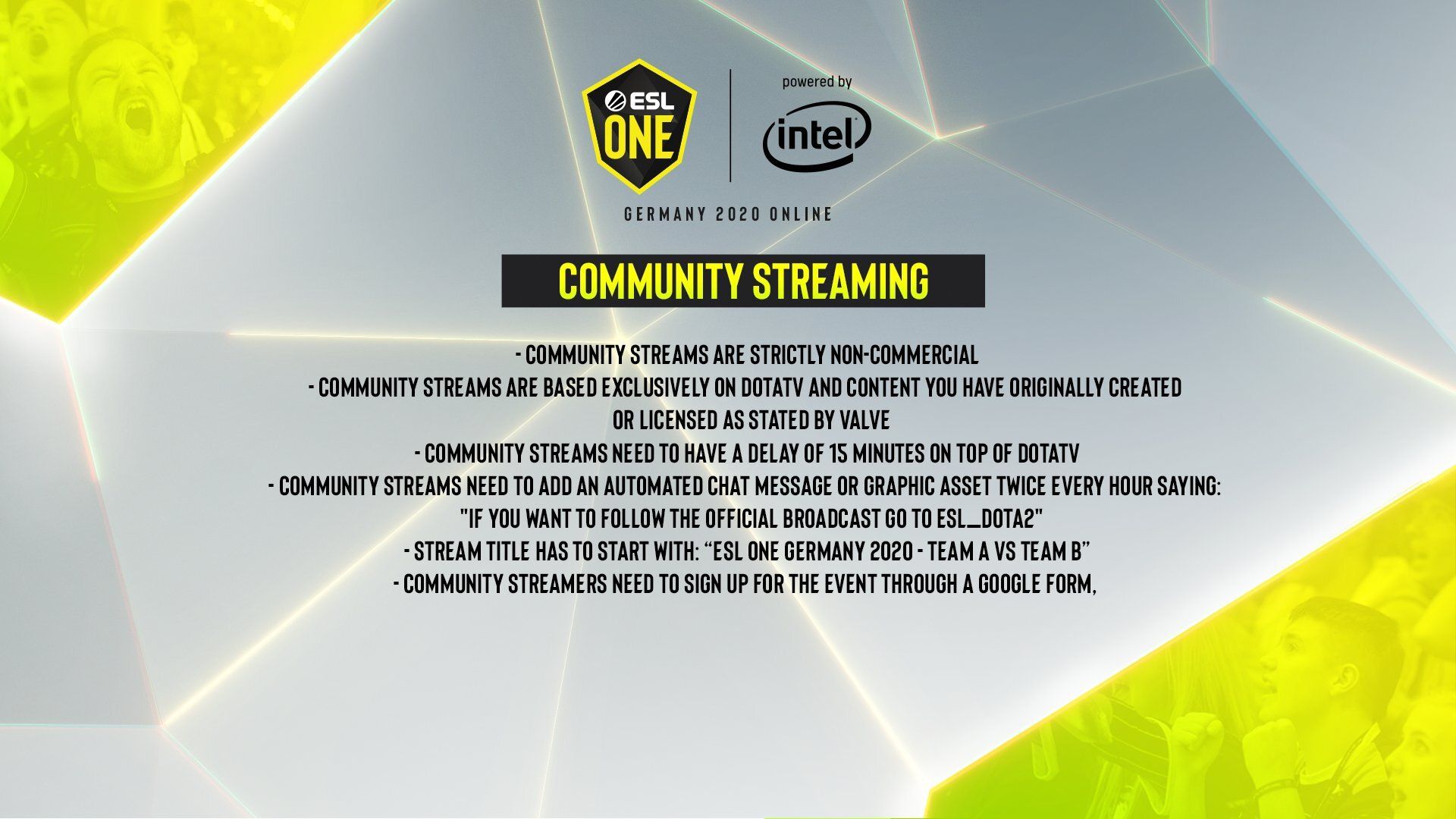
It is important to mention that not only streamers have delays on their Twitch channels when streaming an esports event. Even the official channels from the tournaments that are streamed on Twitch do. This makes a lot of sense: without a delay, the players could know exactly where their rivals are positioned within the game. In most cases, there is a 2-5 minutes delay, which doesn’t seem like a big deal, but it is: for the betting industry.
For bookmakers, working with delayed data resulting in delayed odds is a big issue, since they do not know what is happening in the game in real-time. The consequences are harming the esports betting experience: bookmakers risk to open their books for sure bets or, more likely, they tend to suspend the markets very often, not allowing the customer to engage with the live betting.
Oddin.gg’s approach to esports data and delayed streamings
Esports live-betting is all about the right technology, expertise, and real-time data. Anything else leads to potential losses or a low-engaging solution for your bettors, who would head somewhere else. This is why Oddin.gg partners with official esports data providers such as Bayes, which allows us to build our odds feed with the fastest data available. It is still common to see that solution providers gather their data from delayed streams, which means they can not offer a proper engaging betting experience. They need to suspend markets as soon as they notice something is happening. Or they scrape the others, in which case they do not control the quality and improvement of the solution.
While we are still learning how the new generations behave, one thing is clear: they are very demanding and they want to have freedom of choice. This is why a high uptime as the one Oddin.gg provides (above 80%) is one of the keys for successfully onboard the younger generations to your sportsbook.

